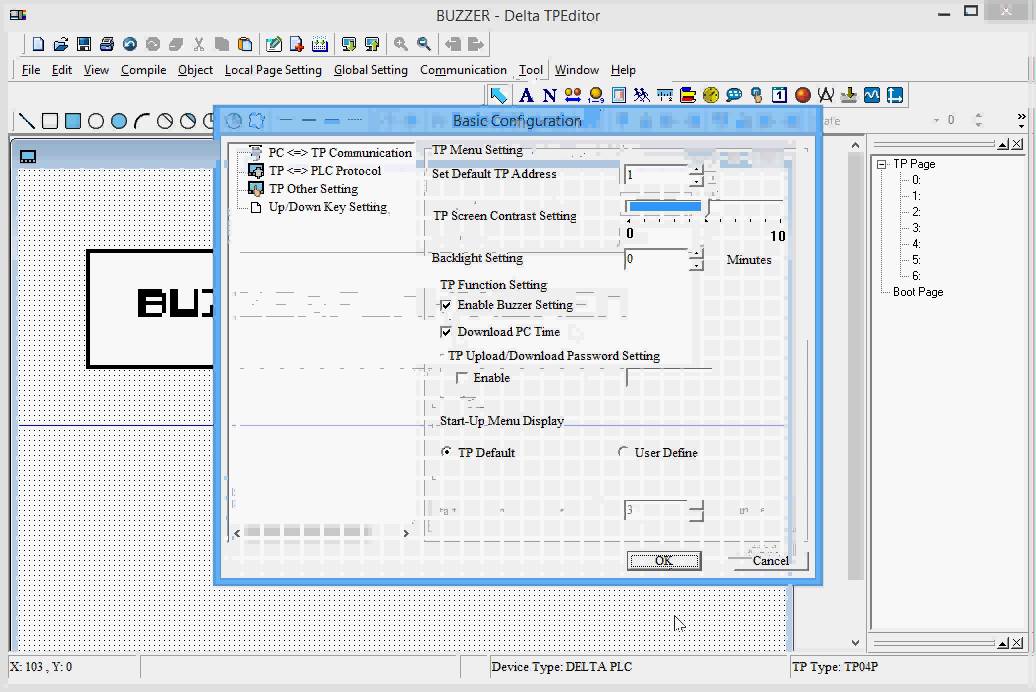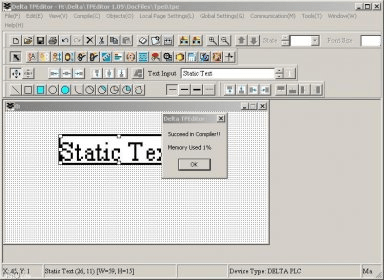


Several recommended practices are available for reading and download, including Improving Industrial Control Systems Cybersecurity with Defense-in-Depth Strategies.Īdditional mitigation guidance and recommended practices are publicly available on the ICS-CERT website in the Technical Information Paper, ICS-TIP-12-146-01B-Targeted Cyber Intrusion Detection and Mitigation Strategies. NCCIC also provides a section for control systems security recommended practices on the ICS-CERT web page. NCCIC reminds organizations to perform proper impact analysis and risk assessment prior to deploying defensive measures. Also recognize that VPN is only as secure as the connected devices. When remote access is required, use secure methods, such as Virtual Private Networks (VPNs), recognizing that VPNs may have vulnerabilities and should be updated to the most current version available.Locate control system networks and remote devices behind firewalls, and isolate them from the business network.Minimize network exposure for all control system devices and/or systems, and ensure that they are not accessible from the Internet.NCCIC recommends users take defensive measures to minimize the risk of exploitation of this vulnerability. Critical Infrastructure Sectors: Commercial Facilities, Communications, Critical Manufacturing, Energy, Healthcare and Public HealthĪ security researcher Robert working with Trend Micro’s Zero Day Initiative (ZDI) reported this vulnerability to NCCIC.A CVSS v3 base score of 7.3 has been calculated the CVSS vector string is ( AV:N/AC:L/PR:N/UI:N/S:U/C:L/I:L/A:L). Parsing a malformed program file may cause heap-based buffer overflow vulnerability, which may allow remote code execution.ĬVE-2018-8871 has been assigned to this vulnerability. Delta Industrial Automation TPEditor, Version 1.89 or prior.Ĥ.2 VULNERABILITY OVERVIEW 4.2.1 HEAP-BASED BUFFER OVERFLOW CWE-122.The following versions of Delta Industrial Automation TPEditor, a programming software for Delta text panels operating on Windows, are affected: Successful exploitation of this vulnerability could crash the accessed device, resulting in a buffer overflow condition that may allow remote code execution. This updated advisory is a follow-up to the original advisory titled ICSA-18-137-04 Delta Electronics Delta Industrial Automation TPEditor that was published May 17, 2018, on the NCCIC/ICS-CERT website. Vulnerability: Heap-based Buffer Overflow.Equipment: Delta Industrial Automation TPEditor.ATTENTION: Exploitable remotely/low skill level to exploit.


 0 kommentar(er)
0 kommentar(er)
